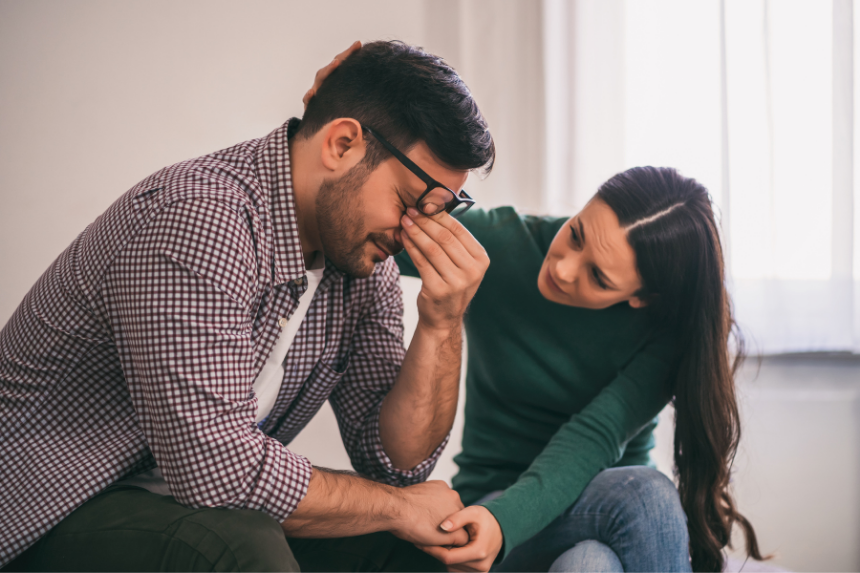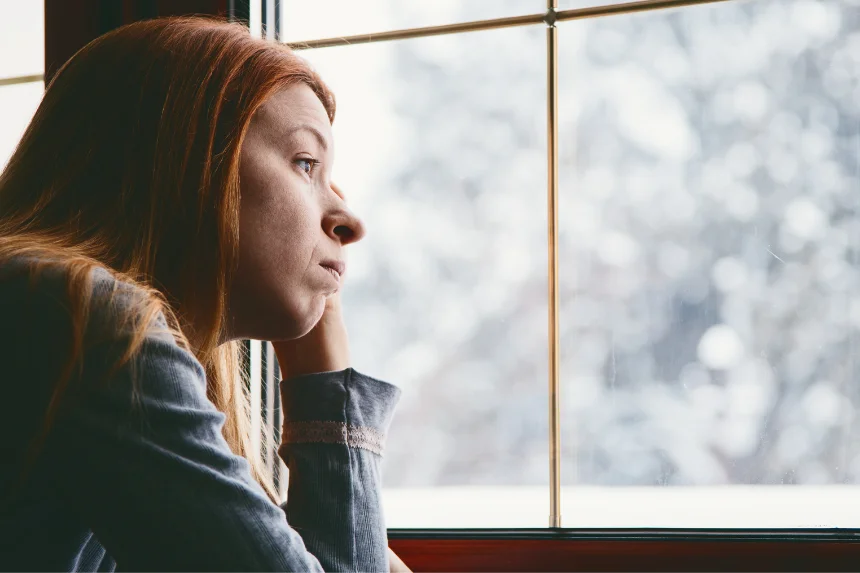I would say that it is a welcoming quality. When you’re a caregiver, you often think you have to meet all the needs of the person you are caring for. This is a myth, of course. As a counsellor, I listen to who you are, what you are going through, all your emotions, pleasant or not. In fact, it goes beyond listening. If it remains at the listening stage, it is possible that the caregiver remains overwhelmed by certain elements and does not feel that they have moved forward in dealing with their situation. This is why at Relief, we provide information, either on the role of the caregiver or on mental disorders, so that the person has a more accurate perception of what the difficulties experienced by the other person are. After this phase, which we call the “psychoeducation phase,” comes the “rehabilitation” phase. It provides concrete tools and strategies for daily functioning and stress relief.









